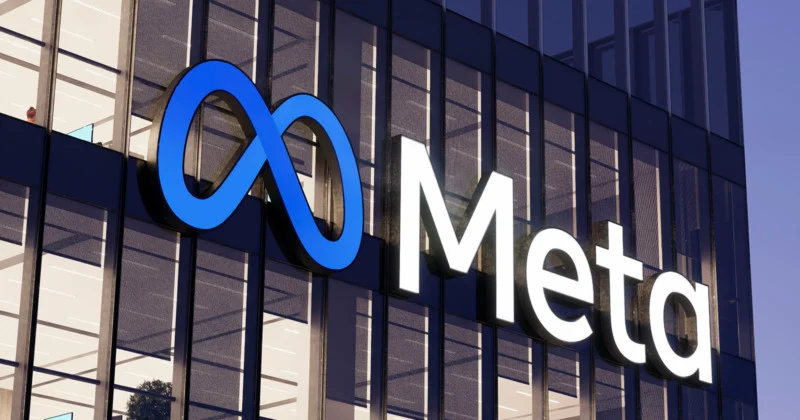Already a subscriber? Make sure to log into your account before viewing this content. You can access your account by hitting the “login” button on the top right corner. Still unable to see the content after signing in? Make sure your card on file is up-to-date.
New Mexico Attorney General Raúl Torrez (D) is taking legal action against Meta Platforms, Inc. and its CEO, Mark Zuckerberg, claiming that Facebook and Instagram have been used as platforms for predators targeting underage users.

According to the state attorney general’s office, Meta’s platforms were found to be “a marketplace for predators in search of children upon whom they prey,” as revealed by an undercover investigation that involved setting up decoy accounts portraying children aged 14 and younger.

Filed in New Mexico state court, the lawsuit claims that Meta’s algorithms exposed underage users to “egregious, sexually explicit images” and facilitated adults in coercing children to provide sexually explicit images or participate in pornographic videos. Additionally, Meta is accused of recommending minors to join unmoderated Facebook groups linked to commercial sex and enabling the distribution and sale of child pornography. “Our investigation into Meta’s social media platforms demonstrates that they are not safe spaces for children but rather prime locations for predators to trade child pornography and solicit minors for sex,” stated Torrez, vowing to hold companies accountable for prioritizing profits over children’s safety.
In one case study cited, a fictitious account of a ‘bad mother’ to a 13-year-old named ‘Issa Bee’ quickly garnered extensive Facebook followers and explicit interest in her visibly underage daughter. Despite numerous reports, Issa Bee’s account, which was added to a group featuring underage pornographic content, remained active, with Facebook allegedly advising her to leave the group.

Torrez has accused Zuckerberg and other Meta executives of being aware of their products’ harmful effects on minors but failing to implement preventive measures against future sexual exploitation.
In response to the allegations, Meta emphasized its commitment to combating child exploitation, outlining various measures taken to identify and address such issues on their platforms. “We use sophisticated technology, hire child safety experts, report content to the National Center for Missing and Exploited Children, and share information and tools with other companies and law enforcement,” a Meta spokesperson said. Over half a million accounts were disabled in a single month for violating child safety policies, and more than 7.6 million reports for child sexual exploitation were sent to the National Center for Missing & Exploited Children in the third quarter of the year.






